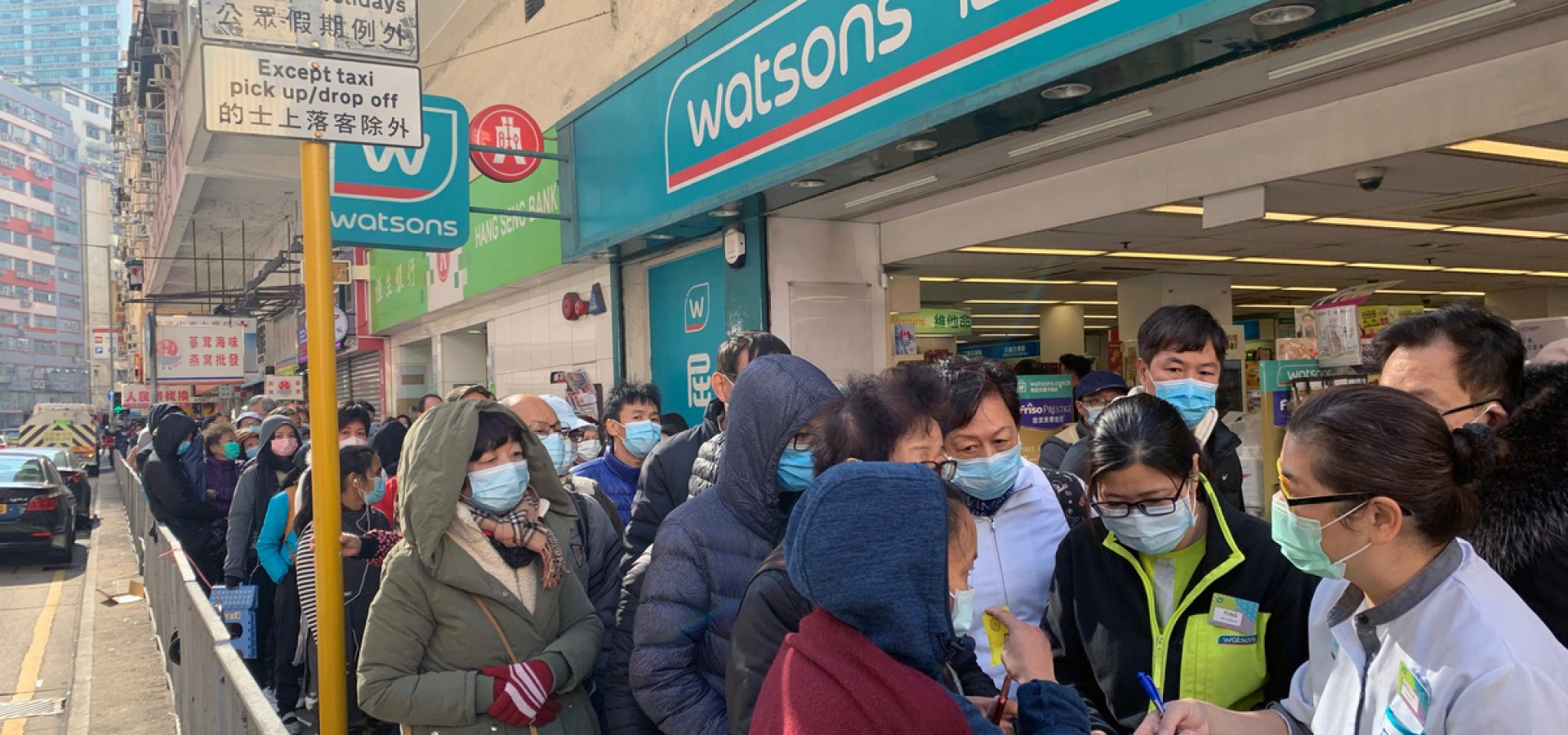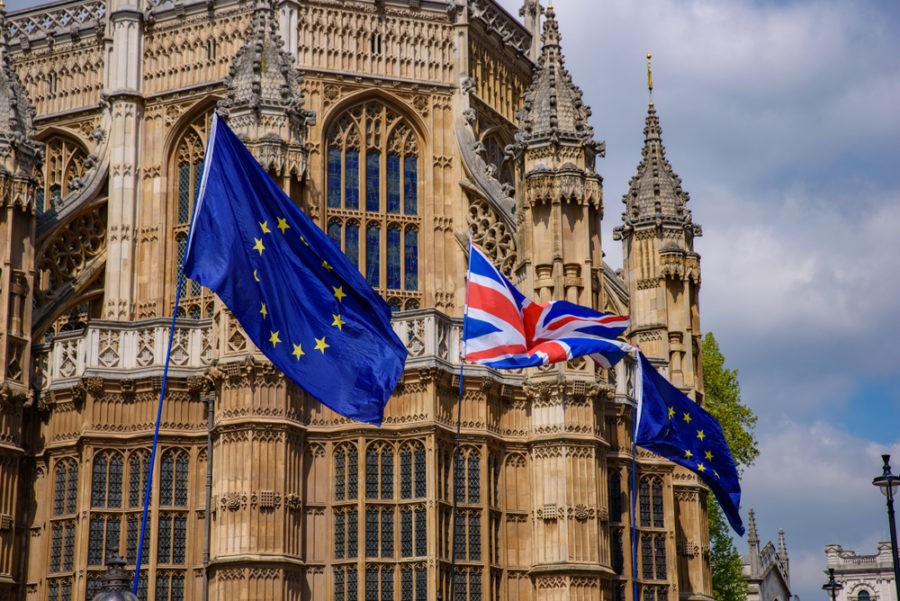Extensive purchases of masks and sanitizers by people to cope with the virus outbreak has caused these products to disappear from the market.
Consequently, their prices have increased. Moreover, merchants are selling items, regardless of the rates set by the government.
Since demand for the face masks and sanitizers has risen in the market, profiteers have started to charge double.
On the other hand, in Iran, the Liquid petroleum gas mafia has increased gas prices. Growing concerns about the Coronavirus outbreak has affected the supply of LPG from Iran’s Taftan border.
US retail companies fear of exports being cut off
The US may face significant problems in keeping basic medical, food, and retail supplies available.
On Sunday, groups representing food and retail companies expressed fears. They related to the US state department and trade representative of the country that they fear other countries cutting off their exports. Judd Deere, the White House deputy press secretary, has made some reassurances. He stated that all of the executives in the country are working together with the federal government and local state leaders. They are trying to ensuring that food and essentials are regularly available countrywide. He added that supply chains in the US are reliable, and the American public doesn’t have to hoard daily essentials.
Consumer brands are concerned about countries restricting products from reaching the US. For example, India, a primary supplier of drug ingredients, has already limited exports of medication. Additionally, Germany has prevented the export of masks, gloves, and suits for health care professionals.
Consumer Brands also fear that attempts by other countries to decrease the export of nutritional and food inputs, base materials, chemicals, and other necessary production supplies will limit operators from being able to increase production. Ultimately, consumers will not be able to obtain products that are vital to treating and stopping the spread of COVID-19.
How other countries have behaved so far
The group noted that India, France, Germany, Turkey, Russia, and the Czech Republic have already restricted the export of some medical products and chemicals they produce. If a few more countries took a similar approach, it would quickly result in long-term critical ingredient shortages.
The companies are asking the government to collaborate with foreign leaders on trade. Amanda Klingler, a lawyer who advises pharmaceutical manufacturers on supply chain issues, said that it is unknown how the market disruptions affect the availability of products in the US.
The leading US lab industry group has also raised concerns about potential shortages of supplies. Julie Khani, the president of the American Clinical Laboratory Association, said that there’s a potential shortage of certain supplies. These include specimen collection swabs, N95 respirators, viral transport media, masks, gloves, and hand sanitizer.









COMMENTS